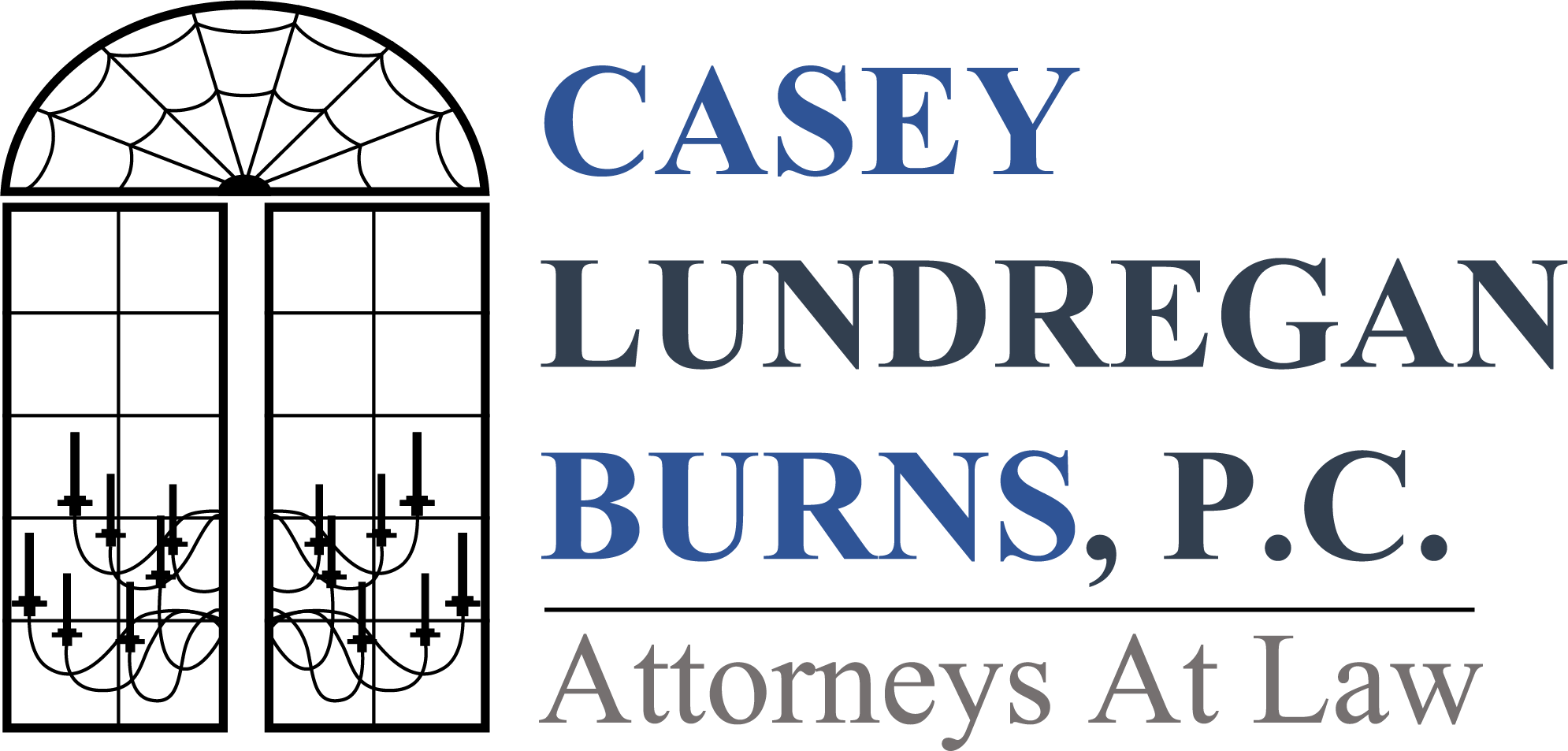Pour-Over Will Lawyer in Massachusetts
When you pass away, what will happen to your assets? Will your family inherit your assets held in trust immediately, or will they have to wait for certain legal documents and procedures before collecting their inheritances?
If you have a revocable trust, you should consult with an estate planning lawyer from our firm at Casey Lundregan Burns, P.C. A pour-over will can cover assets you may have forgotten about or that you might acquire shortly before passing away, such as from an inheritance. A pour-over will allows you to protect the legacy you intend to leave behind.
What Is a Pour-Over Will?
When you have a revocable living trust, you can move assets into and out of the trust as necessary during the course of your lifetime. However, you may forget about some assets or may only take ownership of certain assets shortly before passing away or becoming incapacitated, leaving those assets out of trust.
A pour-over will allows you to move those assets into the trust for administration by your successor trustee (the person who manages your trust) when you pass away. Some assets naturally bypass probate in Massachusetts, but you should protect any assets you want to leave to your beneficiaries with a pour-over will for administration and disbursement by your successor trustee.
Does a Pour-Over Will Avoid Probate in Massachusetts?
Because trusts avoid probate, many believe a pour-over will also not enter probate. However, a pour-over will is still a type of will and must go through probate before your personal representative (the person who follows the instructions in your will) can add the assets to your trust. For this reason, you should still attempt to transfer all assets that would enter probate into the trust before you pass away.
Like a last will and testament, a pour-over will that enters probate will become part of the public record, leaving your beneficiaries open to threats from creditors and conflicts with other beneficiaries. An estate planning lawyer with our firm can help you learn more about which assets you should include in your trust and pour-over will.
Limitations to a Pour-Over Will
Because you can’t move assets into or out of an irrevocable trust, you can’t make a pour-over will for an irrevocable trust. However, if you need asset protection during your lifetime, an irrevocable trust is still your best trust option.
Since you can move assets into or out of a revocable trust, a pour-over will is an essential tool to ensure that you include all your assets in the trust. After you pass away, your revocable trust becomes irrevocable, protecting the assets in the trust from creditors. Your trustee will administer the trust to pay your final expenses, taxes, and debts before distributing the assets to your beneficiaries as instructed.
Contact an Estate Planning Attorney in Eastern Massachusetts
At Casey Lundregan Burns, P.C., we have over 90 years of experience in estate planning for wills and trusts. Call us or contact us online today to schedule a consultation with an estate planning attorney at our offices in Salem and Boston, MA.
